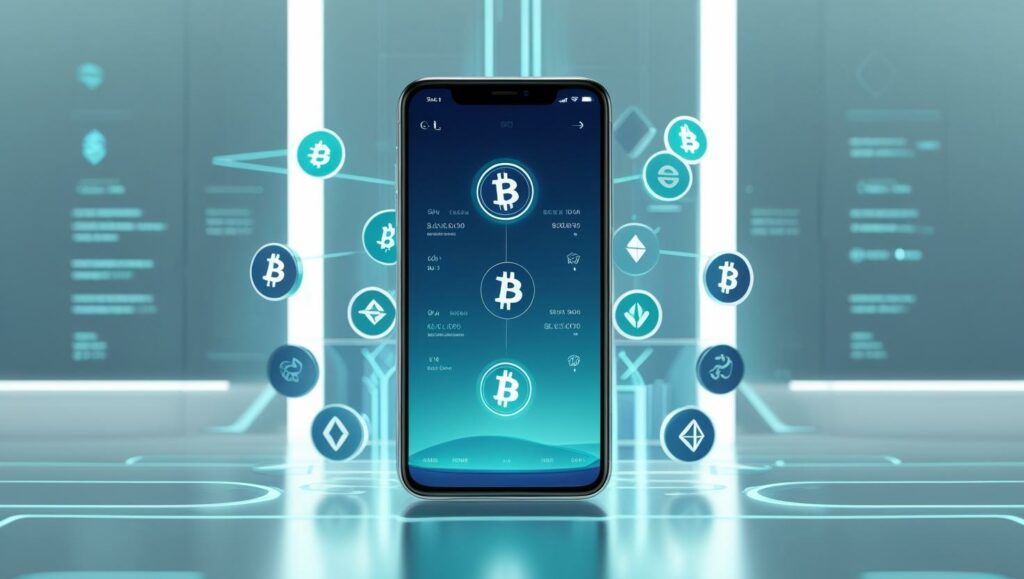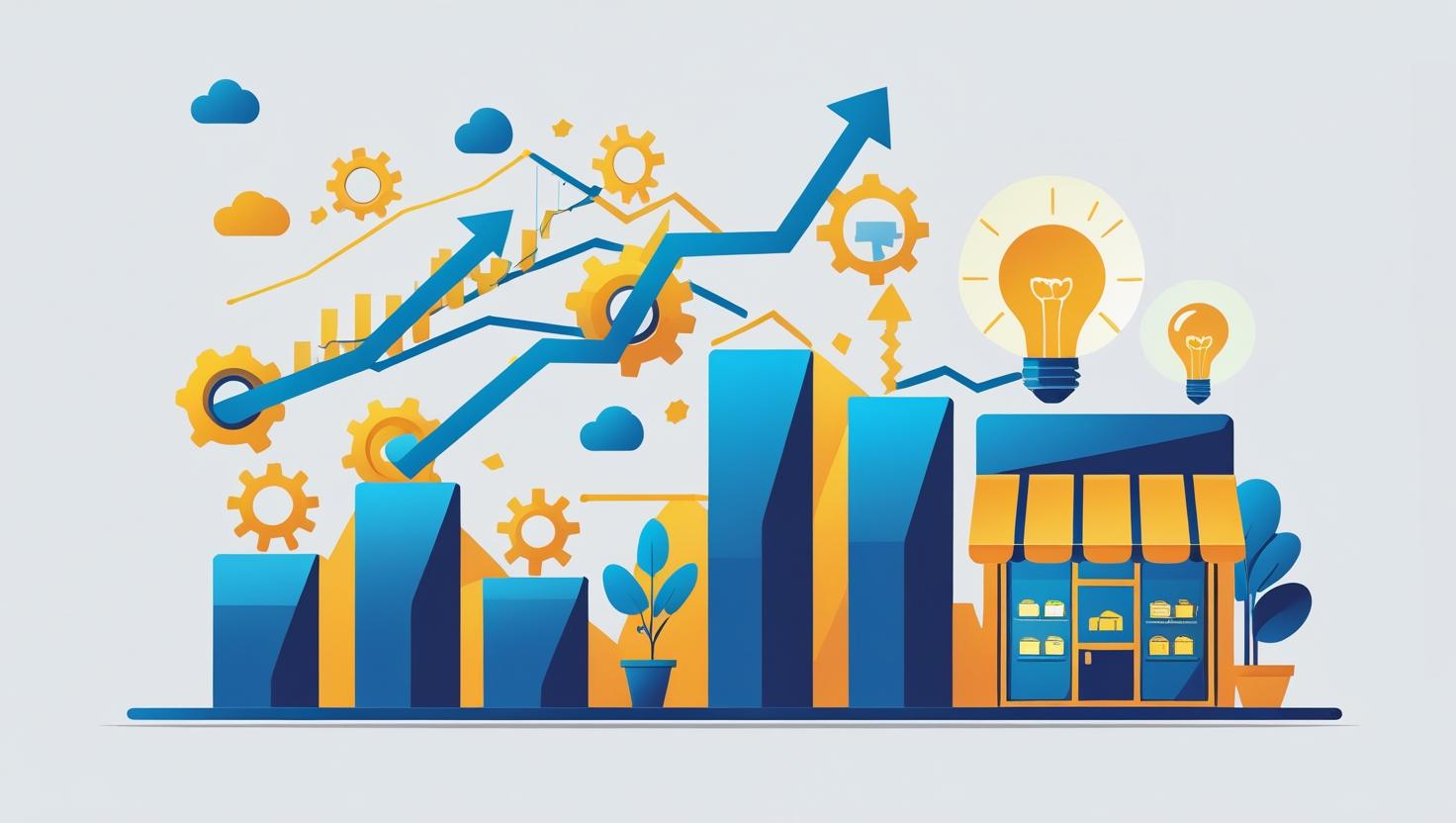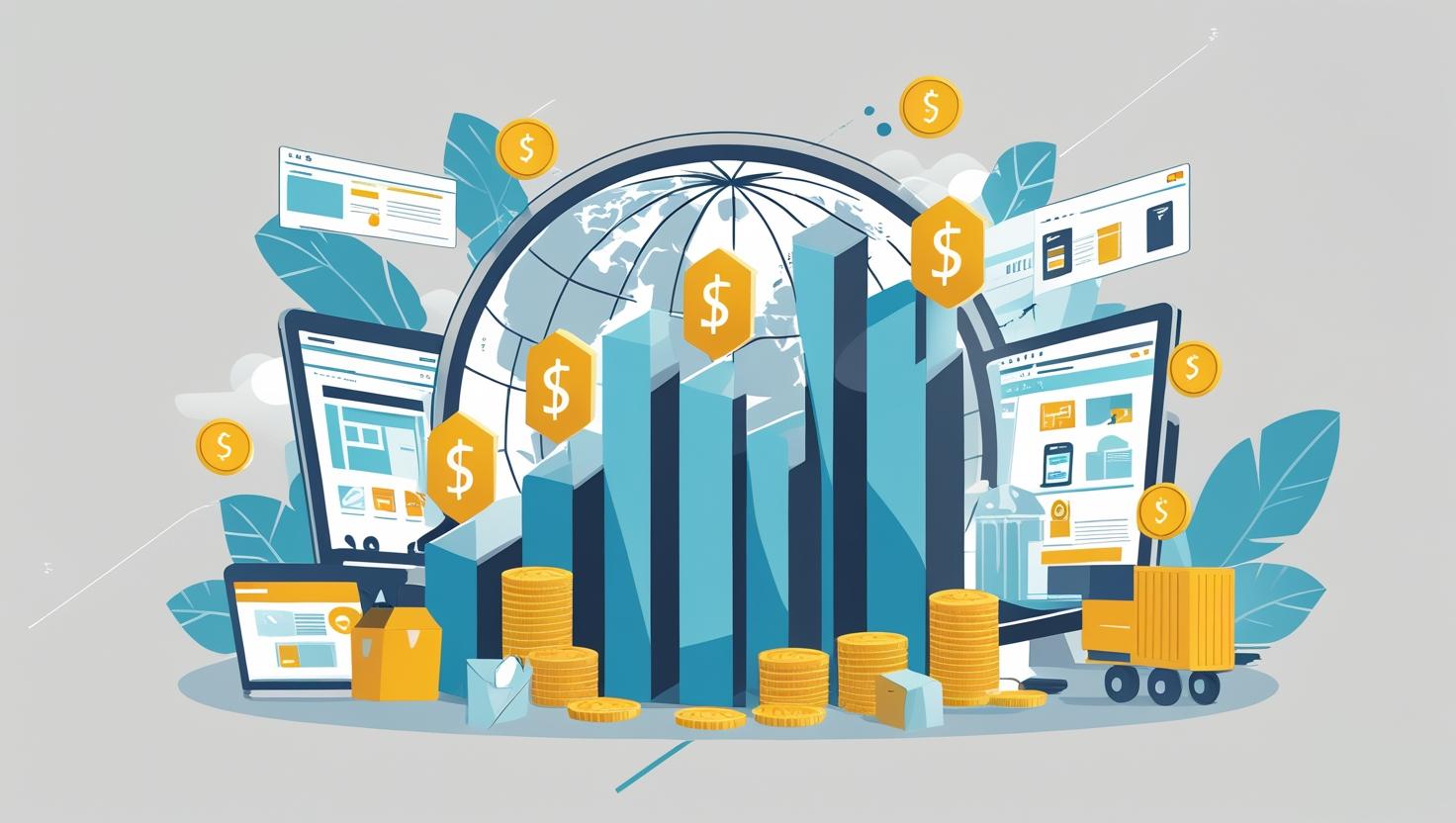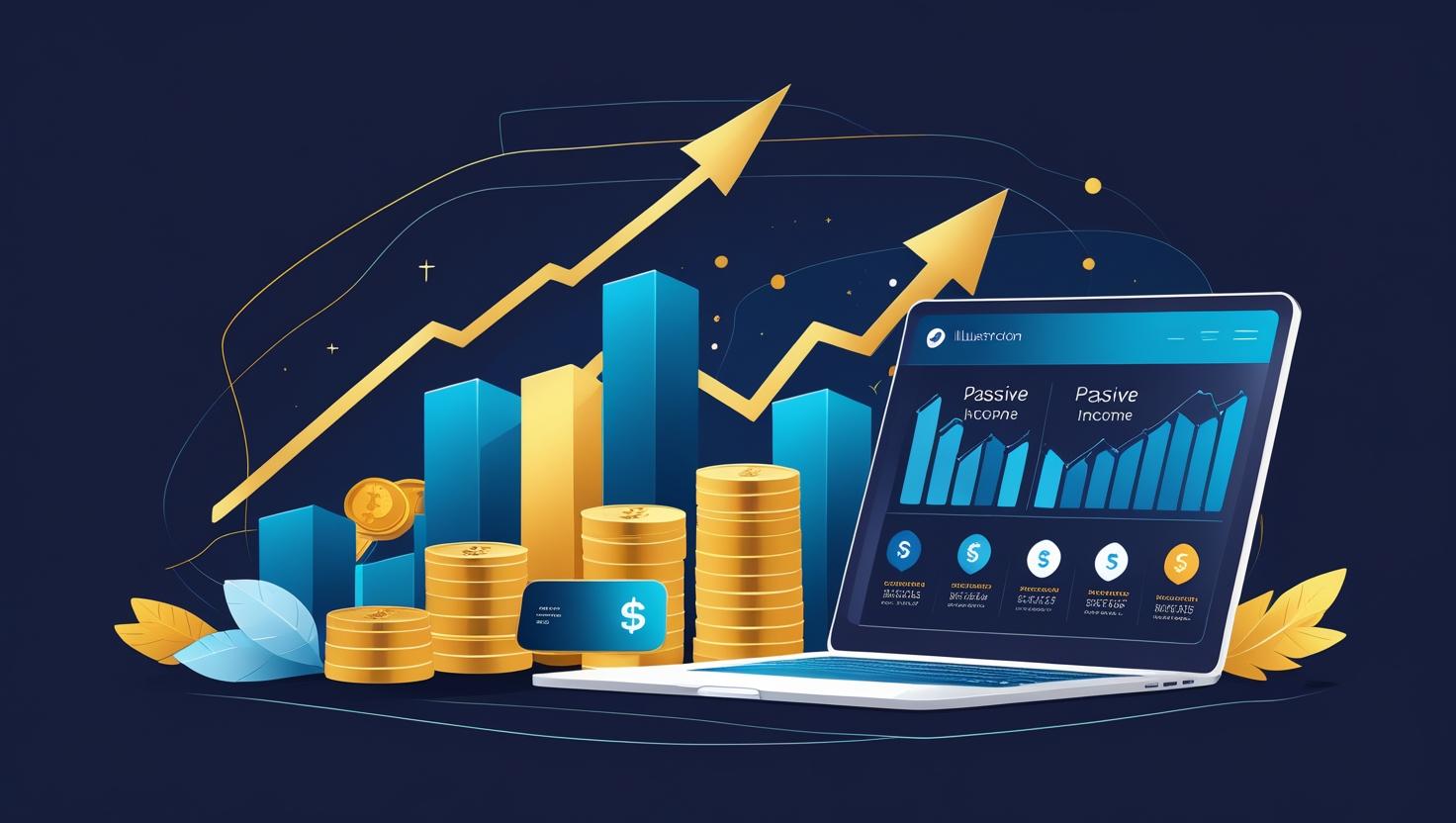This article explores the implications of a world where paper bills and coins are replaced entirely by digital transactions. It looks at the benefits, concerns, and shifting behaviors that define the cashless economy of 2025 and beyond.
Understanding the Concept
At its core, a cashless society is an economy where all financial transactions are conducted digitally. This means physical money becomes obsolete. Instead, payments are made using credit cards, mobile wallets, bank transfers, cryptocurrencies, or other forms of digital finance.
While the term may sound futuristic, the reality is that many nations are already headed in that direction. Scandinavia, for instance, has led the charge in reducing reliance on cash. In cities like Stockholm, it’s increasingly difficult to find stores that accept paper currency at all.
What Drives This Shift?
Several factors are accelerating the move to digital finance:
- Technology adoption: Smartphones and digital platforms have made payments seamless.
- Pandemic habits: COVID-19 boosted the desire for contactless payment methods.
- Banking innovation: Financial institutions are encouraging online and app-based banking.
- Government initiatives: Many central banks are piloting or rolling out central bank digital currencies (CBDCs).
The result is a cultural and infrastructural shift away from the use of coins and paper bills.
Benefits of a Cashless Economy
Going digital offers several powerful advantages:
Speed and convenience top the list. Transactions can be completed in seconds, reducing the need for change or in-person bank visits. For businesses, it means faster checkout, simplified accounting, and reduced risk of theft.
Transparency also improves. Digital transactions leave behind a record, making tax evasion, fraud, and illegal activity easier to track. Governments and regulators often favor this oversight.
Cost savings for institutions are another win. Handling cash is expensive—it requires storage, security, transportation, and insurance. Digital finance eliminates much of that burden.
Challenges and Concerns
Despite its appeal, a cashless society comes with real risks.
Privacy concerns are significant. With every transaction recorded, anonymity is lost. This can make consumers wary about how their data is stored or shared.
Cybersecurity threats rise in importance. Digital systems are susceptible to hacking, fraud, or technical outages. A power failure or system bug could paralyze transactions on a massive scale.
Financial exclusion is another concern. Not everyone has access to digital tools, particularly in rural areas or among older populations. A completely cashless world could widen inequality.
The Role of Fintech
Fintech startups and neobanks have been crucial to the evolution of the cashless economy. By offering sleek, user-friendly apps and competitive features, they attract a tech-savvy audience that expects instant payments, budgeting tools, and integration with platforms like Apple Pay or Google Wallet.
The rise of buy now, pay later (BNPL) services and embedded finance has further blurred the line between banking and lifestyle. Today’s consumer expects their financial tools to be accessible within the apps they already use daily.
Crypto and Decentralization
Another key dimension of the cashless future is the role of cryptocurrencies. Bitcoin, Ethereum, and stablecoins offer decentralized alternatives to traditional currency, allowing for peer-to-peer payments without banks or middlemen.
Some governments are exploring official digital currencies (like China’s digital yuan), while others remain cautious. But the global conversation about programmable money is already shaping monetary policy.
Retail and Consumer Behavior
As tap-to-pay and mobile wallets become the norm, businesses are rethinking their payment models. In major cities, many restaurants, cafés, and retail outlets now operate as card-only environments.
This convenience-driven behavior change means that cash registers, ATMs, and coin trays may eventually disappear from everyday use. The expectation is shifting: if your business doesn’t accept digital payment, it might be left behind.
Economic Implications
In macroeconomic terms, a cashless society gives governments and central banks more oversight and control. They can trace money flows, detect fraud, and even implement negative interest rates more effectively.
However, the elimination of physical currency also gives financial institutions significant power over how and when individuals access funds. This concentration of control raises ethical and political questions that remain unsettled.
The Global Divide
While developed economies may be closer to becoming cashless, many developing nations still rely heavily on physical cash. Limited infrastructure, internet access, and trust in financial systems slow down digital adoption.
For the global cashless future to be inclusive, governments and companies must invest in education, mobile banking infrastructure, and policy frameworks that support financial literacy and access.
Ethics and Freedom
Some critics argue that a world without cash limits personal freedom. Without an untraceable way to store or spend money, citizens may lose a level of privacy they once took for granted. Governments, corporations, and surveillance systems could gain more control than ever before.
This tension between convenience and freedom is central to the debate around the digital future of money.
Evolution or Revolution?
So, what is a cashless society? It’s more than a payment shift—it’s a transformation in how economies function, how businesses operate, and how individuals interact with their money.
For some, it represents progress and efficiency. For others, it poses new risks to autonomy, inclusion, and security. Either way, the future is digital—and it’s arriving faster than expected.






